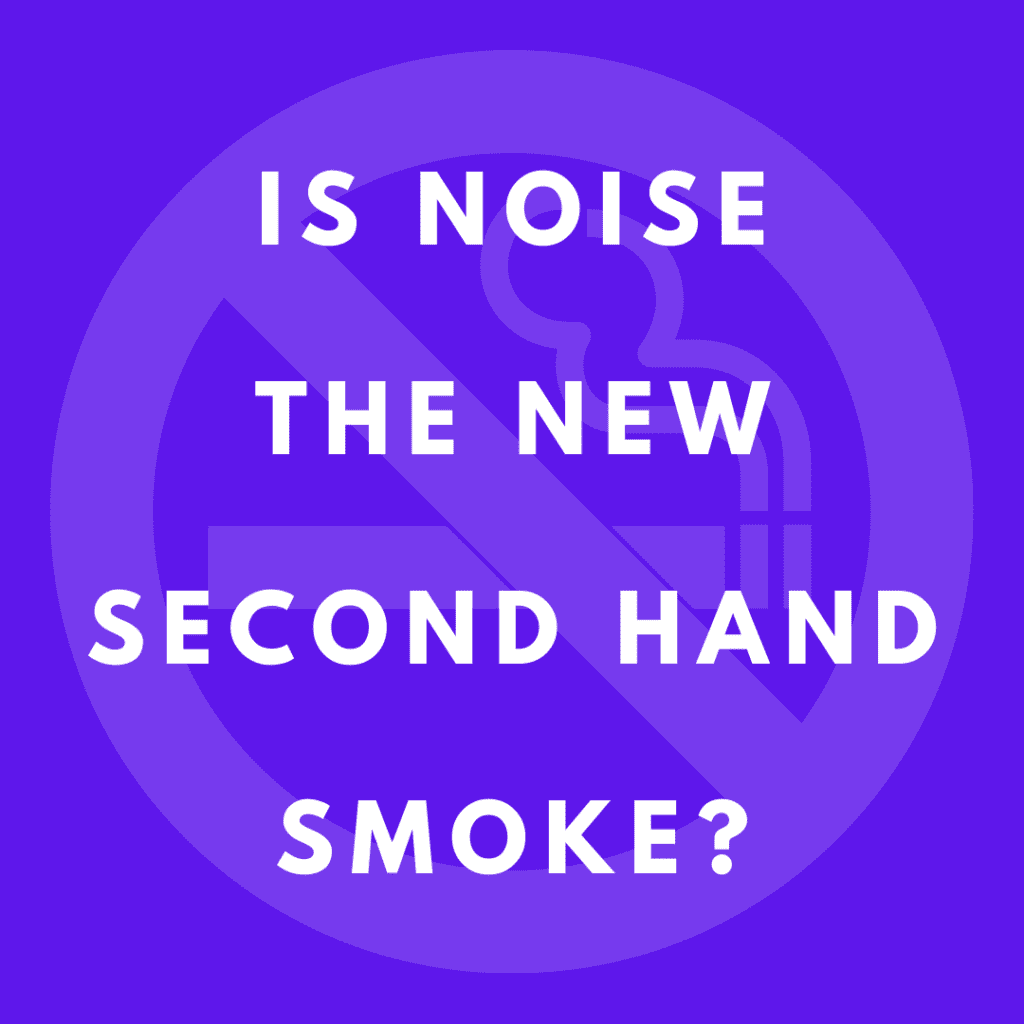
To some extent, 48 million Americans suffer from hearing impairment; left untreated, it can cause a variety of physical, social and psychological health problems. This has led a Massachusetts-based nonprofit called The Quiet Coalition to dub noise as “the new secondhand smoke.”[1]
Few people give much thought to noise pollution, but its consequences are far-reaching. Noise is the number one cause of hearing loss, and the comorbidities associated with that condition range from loneliness and depression to cardiovascular disease, hypertension and sleep disorders. Unlike medical conditions and hereditary factors, noise-induced hearing loss can be prevented.
This is exactly what a Singapore research team is attempting to do by developing what are effectively noise-canceling windows.
Citizens in Southeast Asian countries often leave their windows open to provide ventilation and cooling from the tropical climate, but the trade-off is exposure to noise from traffic and aircraft. Air conditioners can help, but they generate pollution and contribute to the urban heat island effect, which create warmer temperatures through their use. Singapore researchers wanted to find an alternative solution.
The team’s innovative system uses 24 small speakers attached to the window grille alongside a microphone that detects sounds. This triggers the speakers to emit an “anti-noise” sound wave that effectively cancels out the competing sounds. The concept is similar to that used in noise-canceling headphones, which has been shown to reduce sounds by as much as 10 decibels (dB); this translates to upwards of a 17% reduction in associated health risks at its most potent effect.
Though the size of the speakers makes reducing noise from heavier vehicles less effective, the researchers are working on improvements that would address such deficiencies in the future. [1] Fresh air, no sound? Singapore scientists test ‘anti-noise’ windows. (2020). Retrieved 16 August 2020, from https://www.reuters.com/article/us-singapore-tech-noise-trfn/fresh-air-no-sound-singapore-scientists-test-anti-noise-windows-idUSKCN24V18X
